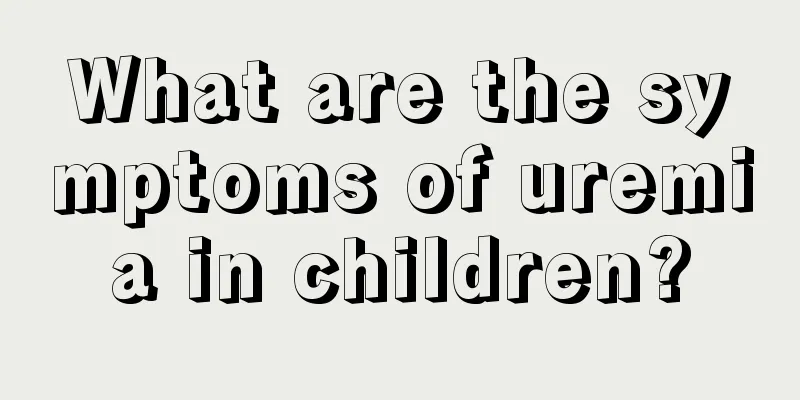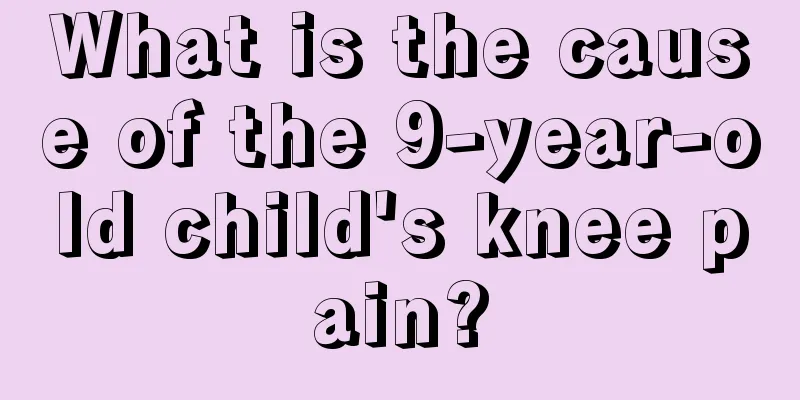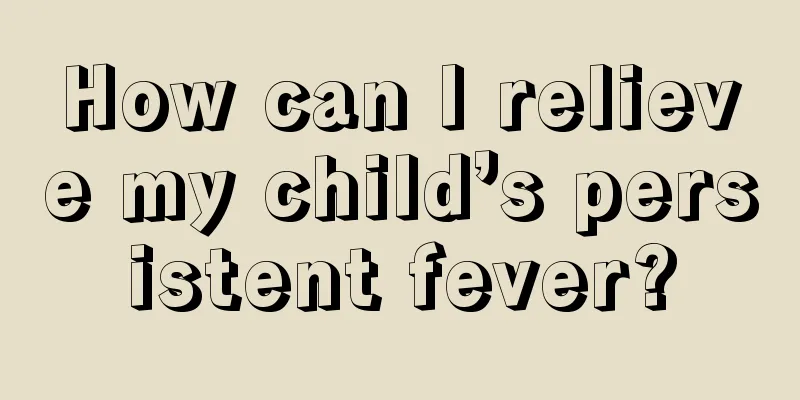What are the symptoms of uremia in children?

|
Uremia is a very serious disease. Generally, the kidneys of patients with uremia are severely damaged, and it is difficult to be completely cured. Many patients with uremia can only maintain their lives through medication and surgery. Some children suffer from uremia, which, even if it is not life-threatening, can cause great obstacles to their growth and development. So, what are the symptoms of uremia in children? Uremia in children is a very serious disease, which poses a serious threat to the child's life and causes harm to the child throughout his life. So what are the common symptoms of uremia in children? Let me tell you about the common symptoms of uremia in children. In general, common symptoms of uremia in children include: 1: Eyelid edema is the most common symptom of uremia in children. The main reason for the early onset of eyelid edema is that the kidney's excretion and regulation of water is damaged, which causes an increase in water and sodium in the child's body. Excess water accumulates in the loose tissue of the body, and the eyelids are where there is more loose tissue. The characteristic of eyelid swelling is that it is obvious when you wake up in the morning and disappears after exercise. 2. Loss of appetite or indigestion. If the condition is serious, anorexia, nausea, vomiting and diarrhea may occur. This is a common symptom of uremia in children. 3. Hematuria Hematuria can be divided into macroscopic hematuria and microscopic hematuria. Gross hematuria is hematuria visible to the naked eye. The urine is meat-washing water-like, turbid and red. Some children may have blood streaks or blood clots in their urine. Microscopic hematuria can only be detected under a microscope, with more than 1 red blood cell count per high-power viewing field. Hematuria should have clear symptoms and signs. Of course, there are many causes of hematuria, and childhood uremia is just one of them. Therefore, when parents find that their children have unexplained hematuria, they should seek medical attention immediately. This is also a common symptom of uremia in children. Diet care: 1. Children with uremia should mainly follow a low-protein diet: Children with uremia in the azotemia and uremia stages should mainly follow a low-protein diet, and the protein should be mainly animal protein containing essential amino acids for the human body, such as milk, eggs, fish, lean meat, etc. The daily protein intake is 20 grams. This not only ensures the supply of essential amino acids for the body, but also enables the body to use non-protein nitrogen to synthesize non-essential amino acids under low protein supply, thereby reducing azotemia. 2. The diet for children with uremia should be rich in vitamins: The food for children should be easy to digest and contain sufficient vitamins, especially vitamins B, C, and D. Avoid mechanical damage to the digestive tract caused by rough food and gastrointestinal bleeding. For children with good appetite during the azotemia stage, the calorie intake should not be less than 35 calories per kilogram of body weight, but in the uremia stage, it depends on the child's appetite. If the child's urine volume is large and edema is not obvious, there is generally no need to restrict his or her water intake. 3. Children with uremia should replenish water and salt in time: Children with uremia are prone to dehydration and hyponatremia, especially those with long-term loss of appetite, vomiting and diarrhea. Therefore, once this phenomenon occurs, the child should be given timely supplements. However, it should be noted that children with uremia have poor tolerance to water and sodium, so supplementation should not be excessive to avoid hypernatremia or water poisoning. |
<<: What are the symptoms of potassium deficiency in children?
>>: Symptoms of febrile seizures in children
Recommend
What's wrong with the white spots on a child's throat?
If you find white spots in your child's throa...
Lymph nodes behind the ears in infants
The appearance of lymph nodes behind the right ea...
At what age can a child be diagnosed with ADHD?
Children between the ages of two and three are ve...
The difference between ADHD and tics in children
Many people are familiar with children's ADHD...
How to clean earwax for a two-year-old baby
For adults, earwax removal is a simple matter. Ho...
The dangers of children's nasal rinsers
For newborn babies or young children who are abou...
Parents must understand the causes of children's rebellious psychology
In addition to physical health, mental health is ...
How to correct stuttering in children?
In our current social environment, more and more ...
Baby takes medicine and has black stool
Babies have weaker resistance than adults and may...
White discharge from the genitals of children
In fact, not only adult women can get gynecologic...
What to do if your child is allergic to eggs
When the baby is 6 months old, you can start addi...
Redness around baby's anus
Babies often have red buttocks because their skin...
Reasons why babies have puffy eyelids when they wake up
The baby's every move is what parents care ab...
When can children have their teeth straightened?
Before school age, babies' teeth may have var...
Is a child's fever of 40 degrees dangerous?
Children's high fever must not exceed 40 degr...









